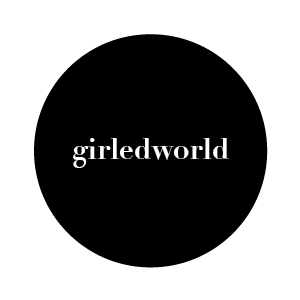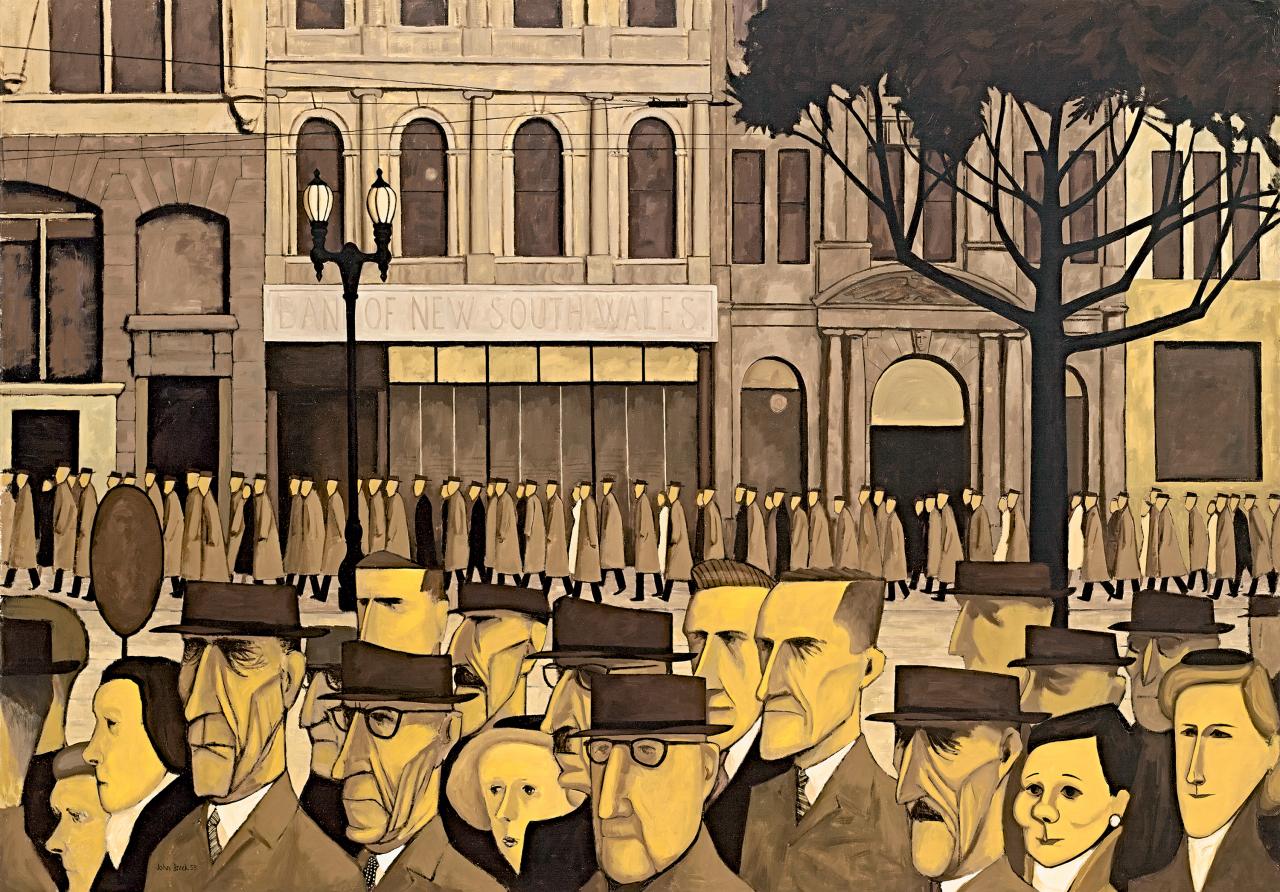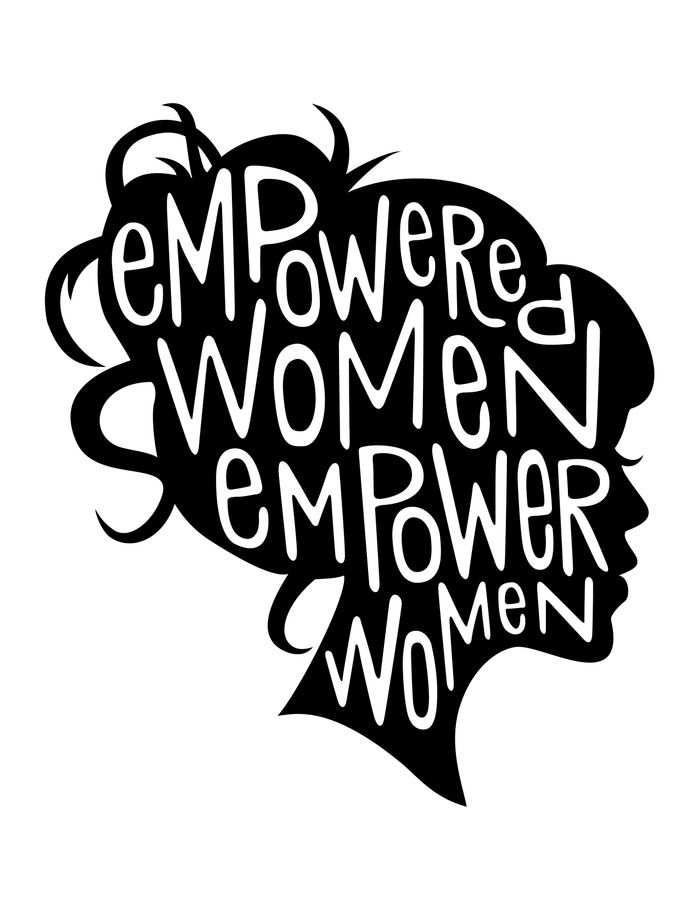It’s no wonder Yassmin Abdel-Magied is moving from this wide, brown land to another land (kinda) girt by sea. Australia may be wide but clearly the tolerance for brown remains questionable.
By Madeleine Grummet, girledworld Co-Founder
In light of the vitriol currently being hurled at Yassmin Abdul-Magied, who self-describes as “the most hated Muslim in Australia right now”, I just want to put on record that I, and girledworld, stand in full support of her and all she stands for.
This is not because we are the same as her, or hold exactly the same beliefs. This is because we deeply respect her basic human right to be who she is.
We live in an old country that supposedly rejoices the young and free.
Abdel-Magied is young, but the new Australia has certainly not afforded her much freedom to be.
Since her relatively innocuous Facebook post on Anzac Day created a media fireball across the country (see post verbatim below, which was voluntarily withdrawn 1 hour after publication), Abdel-Magied has been repeatedly forced to justify her existence. Defend her choices. Speak louder so she is not shouted down (see recent Q&A debate). Apologize for who she is. And this has all played out in the public arena, with a biased, angry crowd cheering on.
To be fair, her post simply asked that on a day of remembrance of lives past lost, we also remember those fleeing, dying and losing lives in wars being fought today.
But this was enough to set the wolves howling. These last three months have seen a constant public backlash against her.
So it’s no wonder she’s moving from this wide, brown land to another land (partially) girt by sea. Clearly the tolerance for brown, and wide opinion, in this country remains questionable.
Earlier this week Abdel-Magied announced she is relocating to London, after enduring months of death threats, on and off-line vilification and open harassment both publically and privately since the ANZAC Day post.
Channel 7 promptly responded to news of Abdel-Magied’s impending move with a Facebook poll that asked its followers to vote on whether she should be allowed to leave the country or stay and “face her critics”. (This was subsequently removed and Channel 7 “unreservedly” apologized and admitted “it should never have been posted”.)
But the fact that it was publicly polled in the first place speaks volumes for what’s going on here.
This is an autonomous 26-year-old woman deciding to live offshore. Since when was that up for publicly sanctioned debate? To whom is she beholden? Makes one wonder who’s leading the lynch mob? And what sort of people are sitting in a national newsroom thinking publishing a poll on this is even anywhere near acceptable?
That’s not the worst of it.
Sydney businesswoman-turned reality TV celebrity Lisa Oldfield said in the days after Abdel-Magied’s Facebook post:
“At the end of the day I don’t like what she said. I was offended by what she said. But I still support her right to freedom of speech, and my right to be able to turn around and say lest we forget, Yassmin, that you are brown, you are Muslim and you are a girl, and that’s the only reason you have a job at the ABC.”
Oldfield is no leader. But she is an ‘influencer’. And her ill-considered words are just one example of the hateful, small-minded stuff that is sewn in the minds of the masses.
So let’s look to the leaders then.
No better. What sort of country elects people like Pauline Hanson, actually being paid to hold public office, who openly stated about Abdel-Magied in April this year: “Let’s be honest, her working part-time at the ABC, it’s tokenism, she’s not going to pull us together. Tokenism.” (As an aside, I do hope Hanson soon becomes a mere token of our political history. Best she move on and let someone else more deserving take a seat who has real leadership, can effect positive global change and who better reflects the views of the multicultural thinking majority).
But sadly, it’s people like Hanson who hold the power of influence, and who set airwaves and social channels abuzz to in turn dictate the popularly held opinions of our times.
And outside of politics, our country continues to celebrate media opinion brokers like broadcaster and talkback presenter Alan Jones, who told millions of listeners this about Abdel-Magied:
“The woman is silly, she’s insensitive, she’s inexperienced, she’s obviously pretty un-Australian… but in this country thankfully there are no laws against any of those things, so she’s entitled to make a fool of herself.”
Silly? Seriously? Leave it to you to hand the title to who seems the greater fool here. (By the way, to date, I’m yet to find a mandate on what it means to be an actual Australian. Do those self-appointed gatekeepers who call out un-Australians have certified copies of their own ‘Australian’ credentials on hand? Keen to see.)
I could go on. I won’t. I’m already incensed.
In any case, you can find all the Abdel-Magied hating vitriol you care to trawl on any social media platform you land on. The attacks and trolling and outrage run like rivers down the feeds (according to Abdel-Magied over the last three months approximately “90,000 twisted words have been written about me … largely laced with hate”).
Of these words, you’ll find far less open and robust respectful debate, and much more one-sided, unfair debasing of a 26-year-old who just happens to hold strong opinions. As strong as Jones’, or Oldfield’s or Hanson’s for that matter. And far less offensive.
It’s just that they in the media and politics and business boardrooms and countless others can seemingly get away with it unscathed, and obviously Abdel-Magied can’t.
We need to ask ourselves why this is? What is our cultural narrative?
If Abdel-Magied has been declared as un-Australian for holding opinions that are apparently at odds with the prevailing cultural norm, then I think we need to spend some time as a nation defining and deciding exactly what an Australian is (and who then are the binary gatekeepers classifying un-Australians if we want to keep perpetuating this ridiculousness in our contemporary vernacular).
My passport says I’m Australian. But I’m not an ANZAC. I’m not an indigenous person. I’m not a pioneer. I’m not a footballer. I don’t hold any parliamentary office. I’ve travelled and lived across this country. And I still call Australia home.
But I’m no closer to classifying myself as a defined and understood true Australian as I am of saying I understand our complex cultural narrative, which buries its own bloodied racist past and blindy bumbles on clinging to a romanticized colonialism despite our very changed modern-day multicultural face.
My identity as a modern-day Australian is as mixed as the millions of long settled or newly arrived who call this place home alongside me. I stake no claim on being any more Australian than any one of them. Could the real Australians in the room please raise their hand? Who would? And justified by what claim?
There are clearly deep, dark, insidious currents that sit at the heart of our Australian identity right now. Public opinion and dissension is easily stirred when it comes to a question of who we are. But if we can’t define it and don’t know who we are, then who and what exactly are we defending when we flare against those like Abdel-Magied who supposedly threaten it? (Too often our base System 1 reactions to those who look different to us speak more to the baseless, irrational fears we hold within ourselves.)
The fact is our multiracial, multicultural diversity remains dangerously divisive in this country right now.
We have stories like Abdel-Magied’s playing out and fueling the fires of public opinion which continue to fixate on our difference, which divide us, which engender unconscious biases and which work directly against the cultivation of of a diverse, harmonious, respectful, multiracial nation.
And on the other we have the gathering momentum of diversity as a desired driver in the new economy, where businesses recognise that in order to succeed in the global marketplace and fuel the innovation ‘boom’ Australia needs to create the growth and jobs of the future, they must embrace or at least be seen to be actively cultivating diversity.
This desired diversity currency includes encouraging more women and multicultural representatives into leadership positions, reaching gender equality and parity quotas, and attracting and retaining a dynamic workforce mix of cultures, genders, skill-sets and value-sets.
But it’s clear we’ve still got a bloody long way to go before diversity becomes the business, political and societal norm. Unconscious biases, deeply entrenched male-dominated workplace cultural architecture and a lack of strong leadership means diversity often slips down the triage of most political, cultural, enterprise and personal agendas and we stay stuck in status quo.
If we are to progress as a nation, as a society, as a country that celebrates and leverages our diverse populace to our advantage by fuelling the innovation we need to drive us forward, then we need to rethink how we treat our citizens. Rethink who we really are. Rethink who represents us. And have a big reboot on what we’re actually saying about ourselves when we so publicly decry women like Abdel-Magied who have done nothing wrong but none-the-less been vilified for expressing opinions not widely held.
If we are to progress, be proud to call ourselves Australian and stand up on a world stage, we actually need to rethink who we choose to lead us, who we choose to follow and who we choose to celebrate.
We need to continue to ignite difficult conversations, challenge assumptions, encourage robust debate, all the while ensuring we hold our opinion and decision makers (in media, parliament, startup and business) accountable for deeply entrenched backward biases that infiltrate our popular culture.
We need many more powerful, intelligent women like Yassmin Abdel-Magied to continue to stand up for their right to be who they are, to continue to speak up for diversity, to challenge status quo and to push for greater gender, cultural, age and religious diversity in traditional industries, businesses, boardrooms and backwaters of this country.
We need to continue to advocate for the inalienable rights of all to freely speak, no matter their gender, their colour, or their religion. Even if it differs from ours.
We need to continually advance the human rights of the marginalized, whether by gender, colour or religion. Even if their cause is not ours.
And we need to continue to believe, as Stan Grant said in his impassioned, important speech about the troubled Australian identity, we can do so much better than this.
Until we get better, no-one has the right to put their hand up first and declare themselves to be a real Australian.
And I’ll stay self-declared and categorically un-Australian until I can say I fully, proudly, passionately, call Australia home.
Keep speaking out, Yassmin. Australia, when it decides to grow up, will eventually be better for it.
— — — — — — — — — — — — — — — — — — — — — — — — — — — — -
Yassmin Abdel-Magied appeared as a guest panelist to discuss diversity at the girledworld Big Ideas Leadership Summit at the University of Melbourne on June 25, 2017.
Abdel-Magied’s original Facebook post stated the following: “LEST WE FORGET. Manus, Naura, Syria, Palestine.”



























